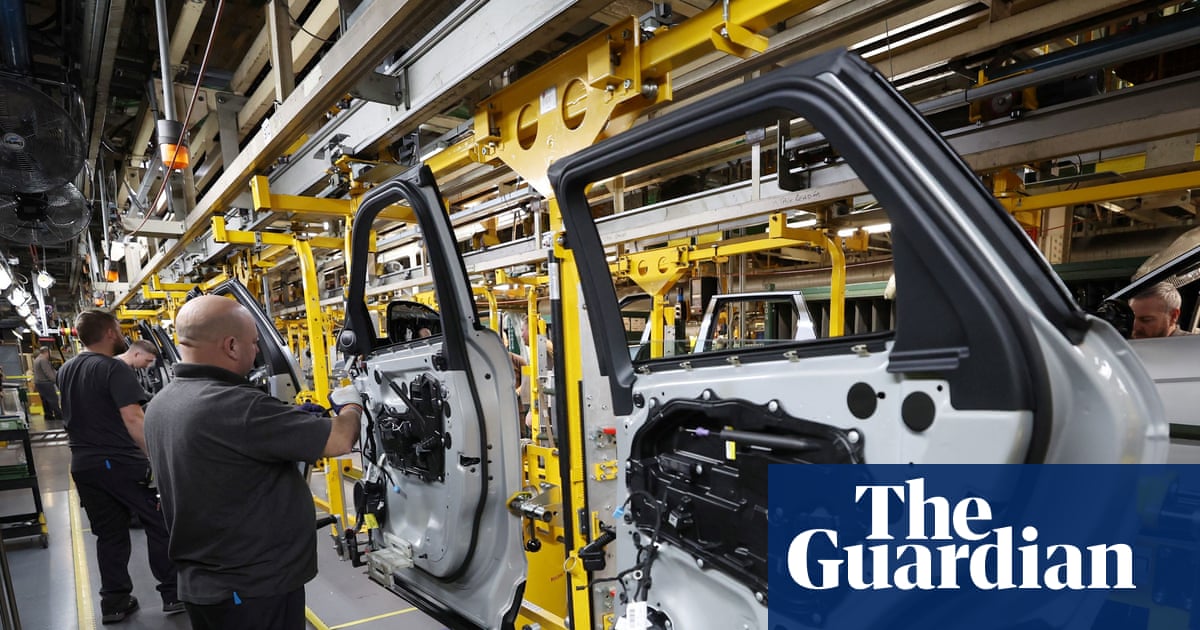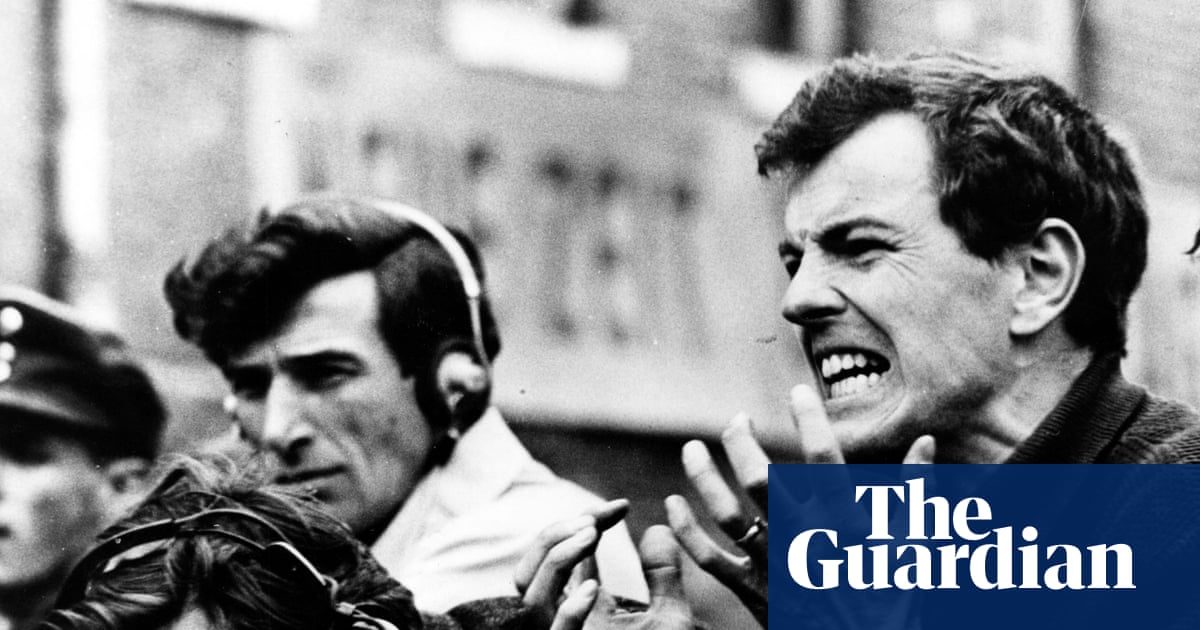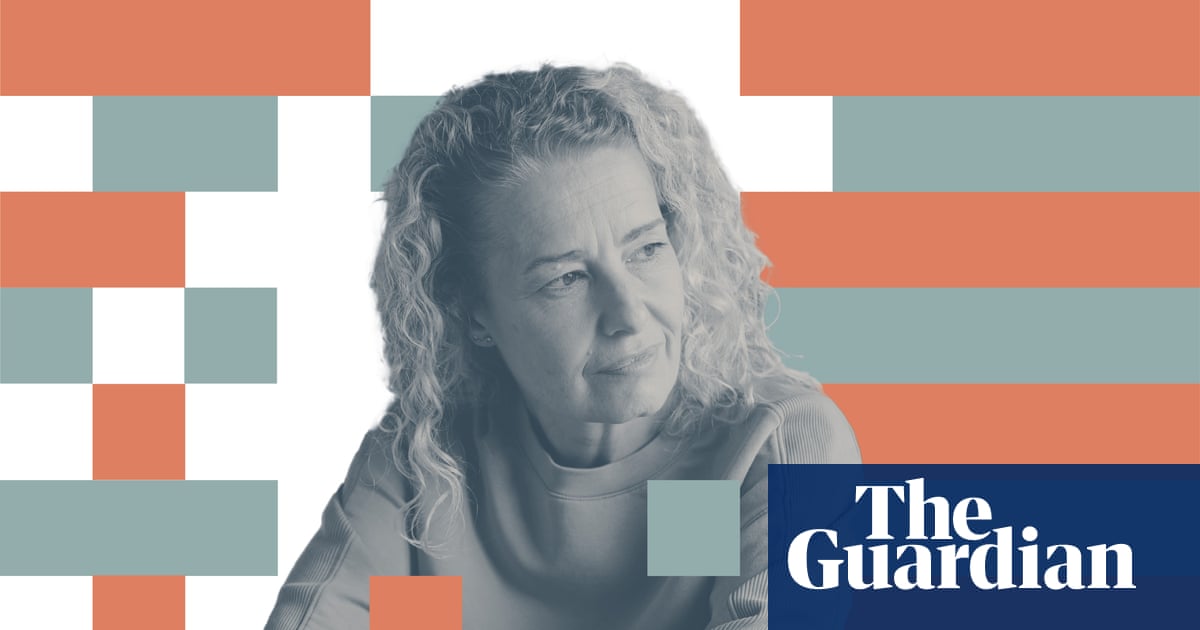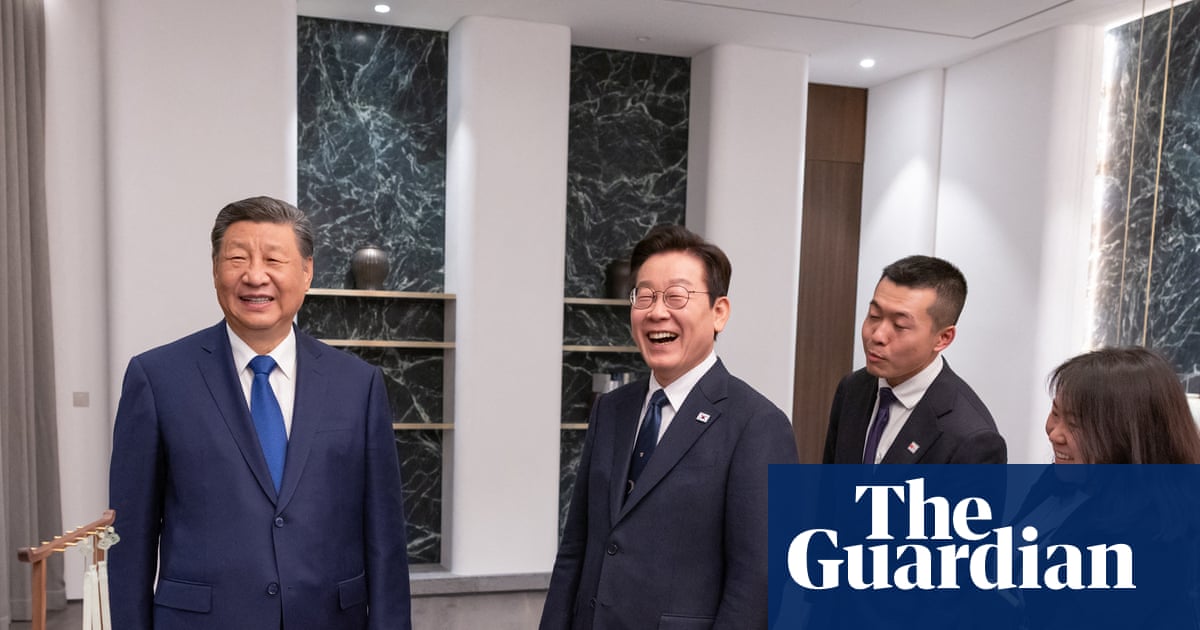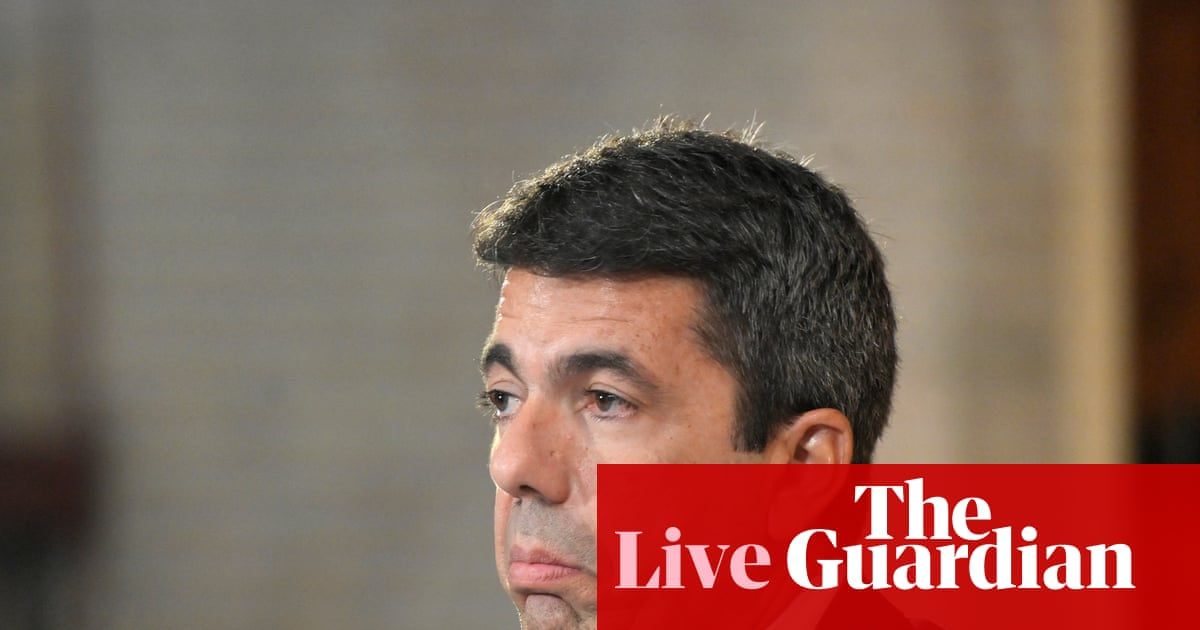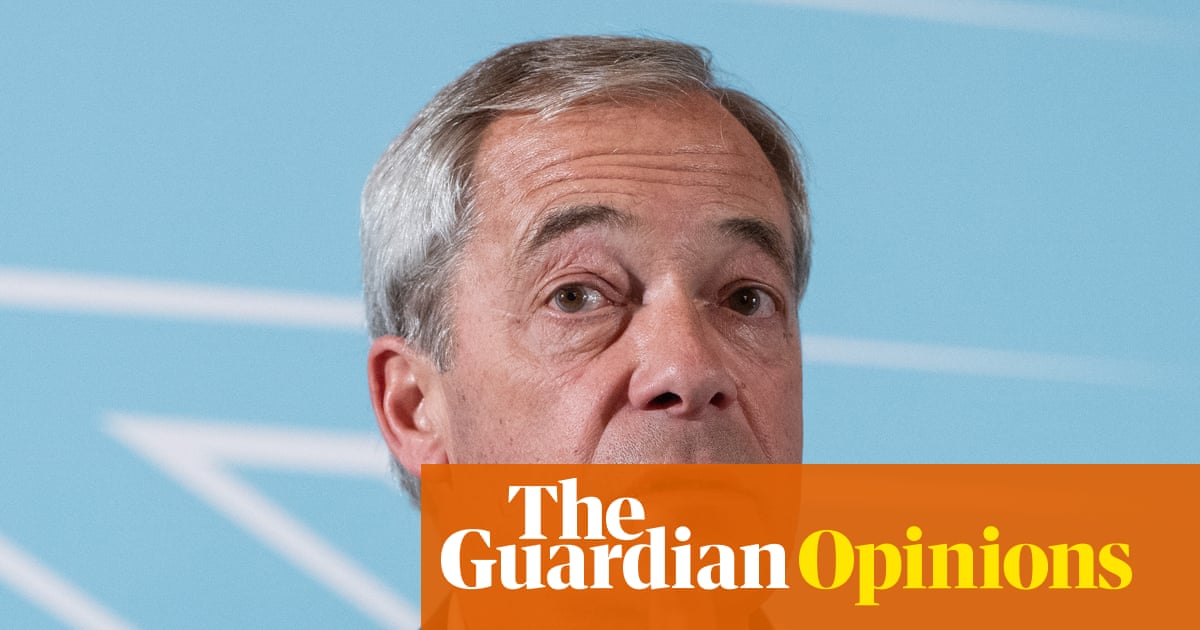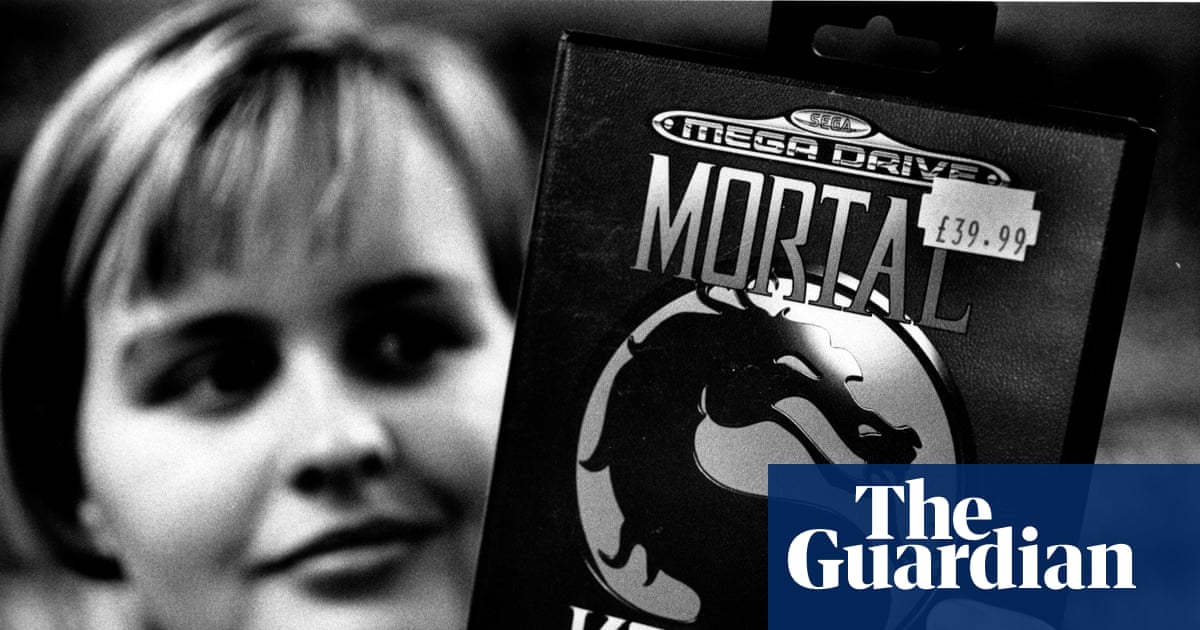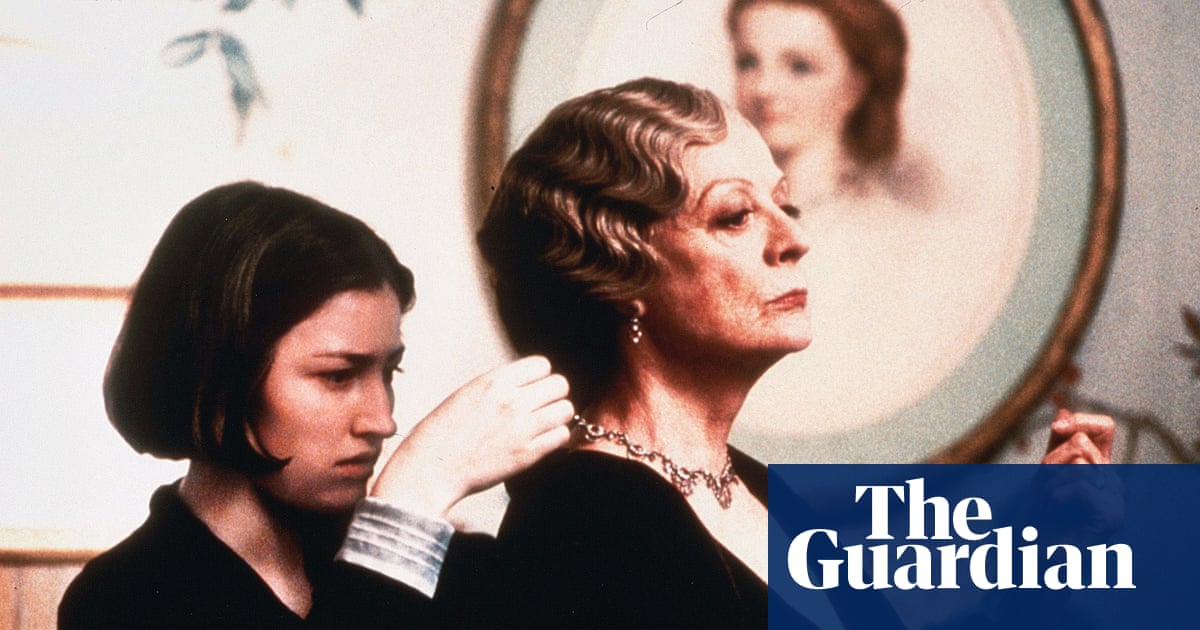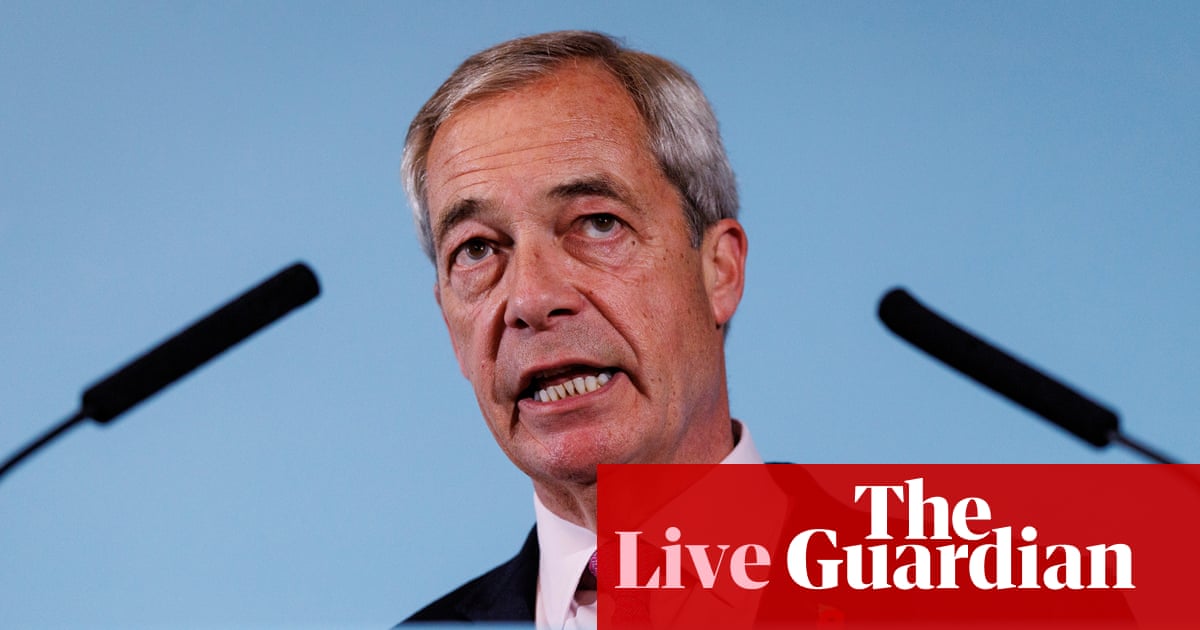Jonathan Liew’s article is a reminder that the immigration debate is never only about policy (What is the endgame in this toxic immigration debate: is it friends and neighbours thrown out of the country?, 10 September). It is about the value placed on human lives. He shows how language presented as reasonable or pragmatic often conceals darker intentions. What once felt impossible can be normalised step by step, until the unthinkable is treated as common sense.
The strength of his piece lies in how it makes the issue personal. By asking us to picture the knock at the door, the packed bags by the hallway, or the quiet hostility from a stranger on a bus, he shows that this is not about statistics but about neighbours, colleagues and friends being treated as outsiders.
This is not unique to Britain. Far-right parties across Europe are pushing “remigration” into the political mainstream, and Britain is not immune. The danger is that a hostile environment rarely stops at the margins. It spreads into daily life, encouraging cruelty and suspicion, making racial abuse easier to excuse and prejudice easier to voice. Even if mass deportations never take place on the scale some imagine, the harm is already being felt.
The question Liew poses is simple: if this direction continues, what kind of country will we become and who will have the courage to say “enough” before it is too late.
Name and address supplied
Thank you, Jonathan Liew, for speaking with such clarity for me as the son of Caribbean immigrants who came to this country as British citizens at the invitation of the British government in 1962. I was born here, have a UK passport, and have contributed to British society. This is my home. But I am scared that a Nigel Farage-led government would want to enact large-scale repatriation of people like me.
For people of colour, this isn’t an exaggeration – it is based on fact. The UK has had a growing tolerance of racism and xenophobia, but this is the recooked racism of Enoch Powell and the National Front of the last century – and it’s getting nasty. The time to be sitting in complicit silence is over.
Cllr Mark Blake
Green party, Haringey, London
I found Jonathan Liew’s article sad and troubling. My father was Polish and, growing up in the 1950s and 60s in the UK, I was sometimes worried that I had a foreign name. But nothing was said or implied, and being white meant I was not an immediate target for racists. And then we became, I thought, a more tolerant society, with racism called out and reduced to a tiny minority of bigots. But in 2016 came Brexit, leading to the shameful return of the open racism we see today.
Old fears are being renewed, and our spineless leaders seem incapable of standing up against this putrid tide. My only hope is that the majority of people, who are not racist, can bring strong influence to bear on our representatives at all levels, and let our own voices be heard. This must stop.
Maria Koval
London
I am white, living in Lincolnshire and married to a first-generation Indian immigrant. In this part of the world, not only has Reform UK captured the hearts and minds of many neighbours, but you can see the Homeland party, with its policy of remigration, gaining strength. Jonathan Liew’s piece so clearly brought home the rising terror that I now feel for my family, and the need to push back more forcefully against support for these policies.
Patrick Horton
Stamford, Lincolnshire

.png) 1 month ago
36
1 month ago
36





